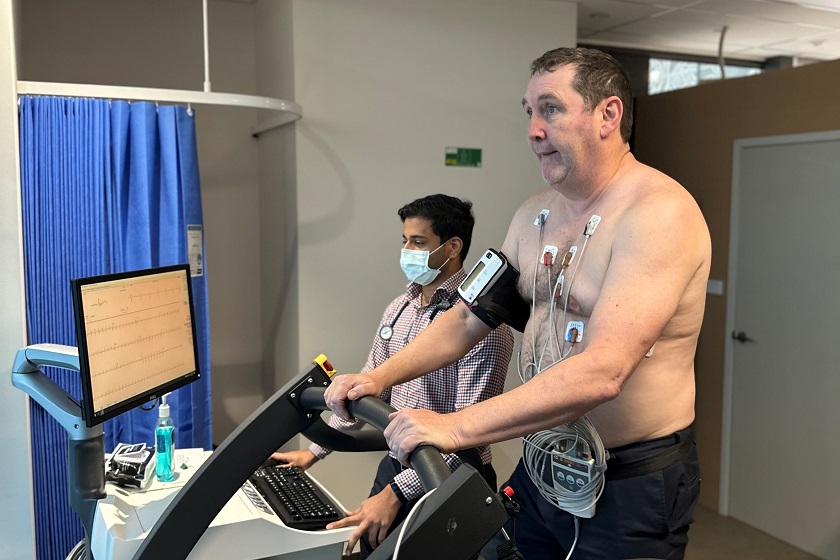What role does diet play in heart health?
Nutrition plays a key role in maintaining a healthy heart.
What you eat and drink influences your body weight, blood pressure, cholesterol and diabetes risk – all of which impact your heart health.
How can you reduce your risk of heart disease?
You can reduce your risk of developing heart disease by following a healthy diet and lifestyle, and maintaining a heathy body weight.
The Heart Foundation has a ‘5 step Heart Healthy Eating Pattern’, which details key dietary recommendations to help prevent heart disease.
What foods should you eat to protect your heart?
- Eat plenty of fruits, vegetables and whole grains, and high-fibre breads and cereals. These foods are rich in fibre, which can help reduce cholesterol.
- Include a variety of healthy protein-rich foods in your diet. Regularly consuming plant-based proteins such as legumes, beans, lentils, nuts and seeds is associated with improved heart health.
- Eat oily fish two to three times per week to include omega-3 fats in your diet. Omega-3 fats can also help reduce cholesterol.
- Eat dairy products and avoid flavoured options to avoid added sugars. If you have heart disease or high cholesterol, ensure that you choose reduced fat dairy options.
- Use healthy unsaturated fats (such as olive, canola, sunflower, nuts, seed oils) to help reduce cholesterol and protect heart health.
- Season meals with herbs and spices rather than using packaged sauces and marinades, which are often very high in sodium (salt) and can lead to high blood pressure.
What foods should you avoid or eat in moderation?
Avoid foods and beverages that are high in added sugar, saturated fat, trans-fat, or sodium, as they can increase your risk of heart disease. These foods are often highly processed and are not part of a healthy diet.
The following foods should be eaten on ‘occasional’, and not as a regular part of the diet:
- Sugary drinks
- Chips and crackers
- Lollies and chocolate
- Take-away or fast food
Learn more about allied health at St John of God Subiaco Hospital.








